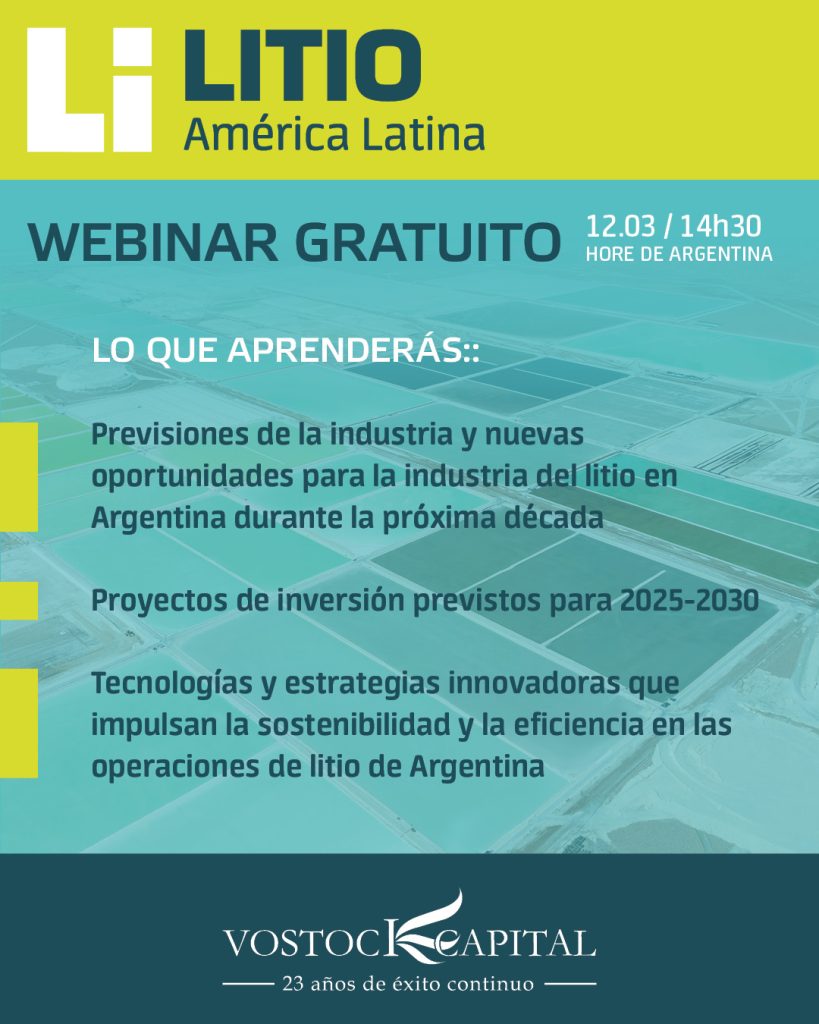
Ecuador produce 492.343 b/d hasta el 9 de enero. Militares refuerzan las instalaciones petroleras en Ecuador. (AP/ Dolores Ochoa)
Alexander Emery, Platss S&P Global
QUITO
EnergiesNet.com 11 01 2024
Ecuador’s hydrocarbons industry reinforced security at oilfields, refineries and pipelines Jan. 10 as the country struggled to control a crime wave which left at least 10 dead.
Gunmen linked to drug trafficking on Jan. 9 bombed police stations and stormed installations in the port of Guayaquil including a university and a TV station, days after President Daniel Noboa declared a state of emergency, vowing to crush gang violence and granting the armed forces sweeping powers. The police made 70 arrests.
The oil, gas and power industries were operating normally, the Energy Ministry said via X, formerly known as Twitter. Petroecuador, however, said it was reinforcing security at its 25 oil and gas fields, three refineries, coastal terminals and 360,000 b/d Sote oil pipeline.
The government had already delegated additional army and police contingents at several of Petroecuador’s oilfields in the eastern Amazon jungle Oriente Basin last year due to continuous indigenous protests and widespread theft.
«There’s a constant guard at the state company’s installations,» Petroecuador said in a statement. «However, due to the emergency Ecuador is facing, security has been tightened.»
Ecuador is also home to operations run by international oil companies including Gran Tierra Energy and Frontera Energy. Neither company immediately responded to emails seeking comment.
Local exporter group Fedexpor expressed its worries about the impact on shipments from Guayaquil, Ecuador’s largest port.
«This latest violence puts rule of law and Ecuadorians’ safety at risk,» Fedexpor said in a statement. «We call on all state institutions and the private sector to implement immediate actions that guarantee normal productive operations, particularly the country’s exports.»
Noboa, a 36-year-old businessman, took office in November after winning elections marred by the murder of one of the presidential candidates by a drug cartel in August.
While he campaigned on promises to reactivate the economy by attracting foreign investment, he has struggled to make progress with government plans to privatize Petroecuador’s operations after a bid round for its Amistad natural gas field was scrapped in November. Noboa will also have a shortened 18-month term in office as he completes his predecessor’s mandate following early elections.
Popular opposition to drilling
Noboa faces popular opposition to hydrocarbons development. Ecuador in 2023 voted to shut down the Block 43 oil complex, located in the Amazon.
«Despite Ecuador’s vote to close Block 43, a delayed process of decommissioning is expected because local indigenous communities and government stakeholders oppose the closure of the project because of its economic benefits,» S&P Global Commodity Insights analysts said in a report.
Indigenous protests shut down oil production in late December at the Ishpingo Field in the eastern Amazon, causing Petroecuador to declare force majeure on Dec. 28. Petroecuador restarted production Jan. 2.
Political instability will likely deter activity in any upcoming upstream auctions.
«Although no official launch dates have been disclosed, Ecuador could next schedule the Subandino Bid Round, 2024 Offshore Bid Round, Intracampos III and the Suroriente Bid Round, all of which have previously been proposed,» S&P Global analysts said in a report.
Ecuador is expected «to finalize pending awards from the Intracampos II bid round, which attracted four bids from China’s Andes Petroleum, Uruguay’s Petrobel, Argentina’s Petrolamerec and Canada’s Petrolia.»
Ecuador was producing 492,343 b/d of crude through Jan. 9, according to the ministry. Petroecuador accounts for about 80% of the country’s output.
S&P Global projects Ecuador’s crude production to grow slightly to 510,000 b/d in 2024 before gradually declining.
spglobal.com 10 01 2024



